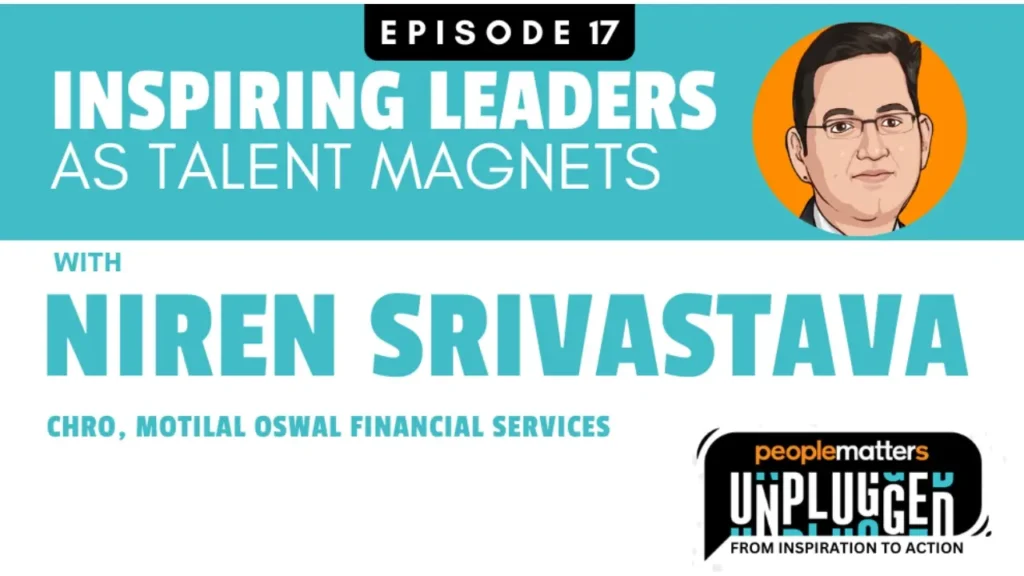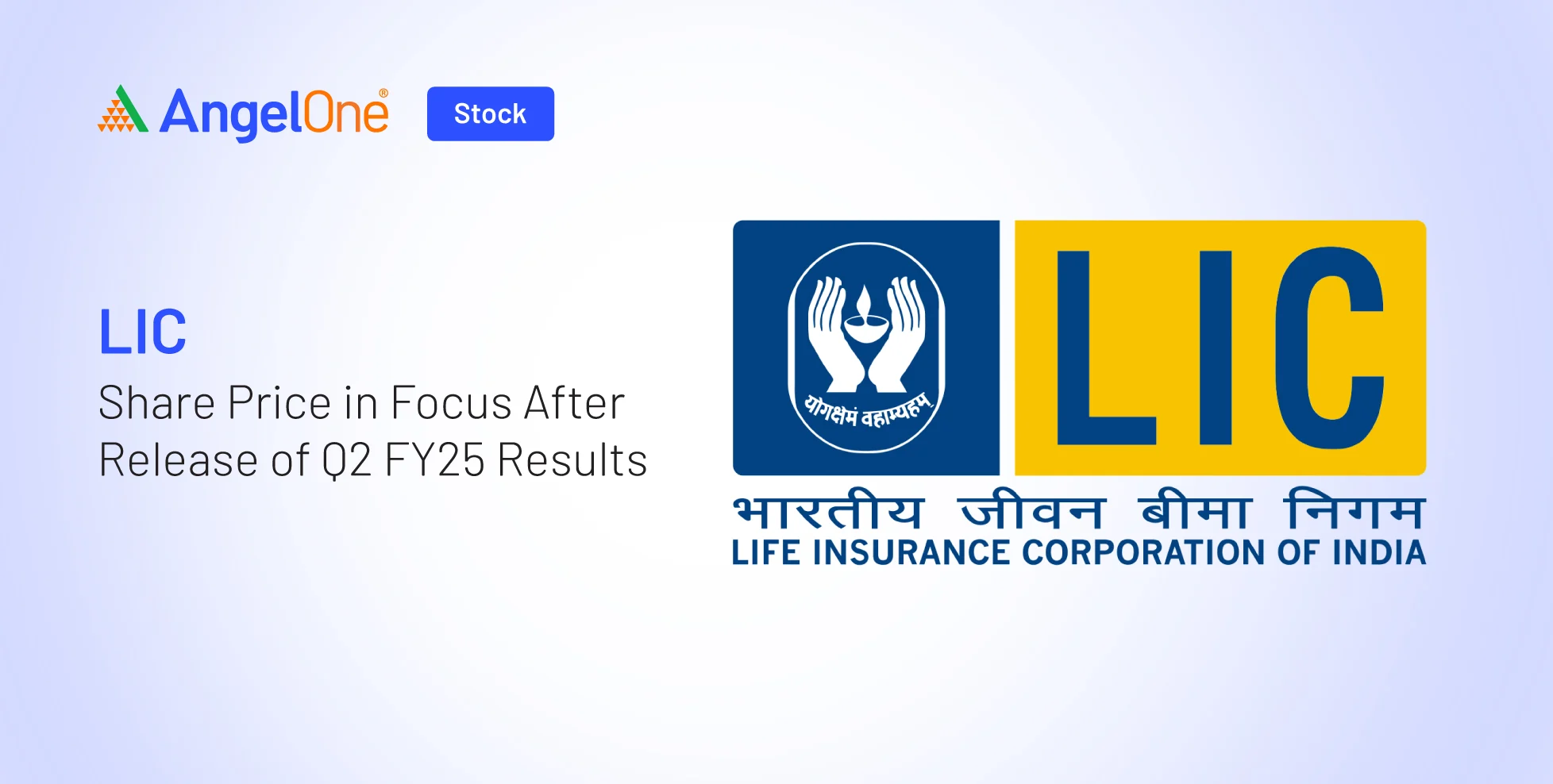Skilling for Tomorrow’s Insurance: With India leapfrogging several developed nations to emerge as one of the world’s most digitally advanced economies, the financial services industry is standing at the cusp of unprecedented transformation. Among its key beneficiaries is the insurance sector, where life insurers are rapidly embracing AI-driven operations and digital-first models to improve accessibility, personalize protection solutions, and deliver seamless customer experiences.
This transformation, however, comes with a new set of challenges: insurers must ensure their workforce is ready to thrive in an increasingly AI-powered ecosystem. This makes human resources (HR) a strategic enabler, playing a crucial role in future-proofing the workforce by upskilling employees, empowering frontline sales staff, and recruiting next-generation digital talent.
From insurance agents and distributors to actuaries and customer service professionals, the entire insurance workforce will require a holistic reskilling and upskilling strategy. HR leaders now carry the responsibility of designing, implementing, and sustaining these initiatives to keep businesses competitive in the era of digital-first insurance.
Identifying Transformative Technologies and Skills
The insurance industry is undergoing a technology-led metamorphosis, with AI, ML, predictive analytics, and data science at its core. For HR leaders, identifying and nurturing the right talent to support these technologies is non-negotiable.
- Artificial Intelligence (AI) & Machine Learning (ML): Automating underwriting, claims management, fraud detection, and customer personalization.
- Data Science & Predictive Analytics: Extracting insights from massive data pools to improve decision-making and tailor customer journeys.
- Cybersecurity Expertise: Building robust defense mechanisms against rising cyber risks in digital insurance operations.
- Communication & Analytical Skills: Equipping customer-facing employees to interpret data, explain policies clearly, and personalize conversations effectively.
HR departments must integrate these skills into both recruitment and upskilling strategies, ensuring employees are not only technically competent but also capable of leveraging technology for enhanced customer outcomes.
Empowering Frontline Employees with AI
One of the most pressing needs is equipping sales and frontline staff with AI-powered solutions that help them personalize conversations and recommend the right products. This has the potential to:
- Improve customer satisfaction through tailored solutions.
- Enhance sales conversions by recommending relevant products.
- Enable agents to act as trusted advisors in an increasingly digital marketplace.
By embedding AI tools into everyday workflows, insurers can empower their workforce to remain competitive in customer engagement while simultaneously boosting business outcomes.
Read about: Insurer IAG’s Proposed $877 Million Buy of RAC Insurance Faces ACCC Scrutiny
Strategic Talent Planning for a Digital-First Industry
Despite significant investments in AI and digital transformation, many insurers face a talent shortfall in executing these changes. HR must fill this gap through strategic workforce planning, which includes:
- Aligning recruitment with business goals: Prioritizing roles such as AI engineers, data scientists, and cybersecurity professionals.
- Upskilling existing employees: Providing continuous training in AI, data analytics, and digital tools like Power BI and Tableau.
- Building internal talent pipelines: Offering mentorship programs, role-based learning, and targeted training for actuarial, risk, and operations teams.
The ultimate goal is to blend external hiring with internal capability-building, creating a sustainable and digitally skilled workforce.

Implementing Learning Infrastructure for Workforce Transformation
Future-ready insurers will rely on robust learning and development (L&D) ecosystems designed to keep pace with technological advancements. HR leaders must:
- Build omnichannel L&D platforms combining classroom, digital, and on-the-job learning.
- Regularly update curricula to match evolving industry needs.
- Foster a culture of lifelong learning, where employees proactively embrace AI, ML, and data fluency as core professional skills.
- Introduce mentor-mentee programs to accelerate knowledge transfer between experienced professionals and new recruits.
This structured approach ensures that employees are equipped, confident, and agile in adopting new technologies while contributing to organizational growth.
Conclusion
The insurance industry’s digital-first future depends not just on technology investments, but also on the human capital that powers it. HR professionals are uniquely positioned to bridge this gap, transforming the workforce into a digitally skilled, AI-ready talent pool capable of driving innovation and resilience.
By nurturing technological skills, enhancing analytical capabilities, and fostering adaptability, HR leaders can future-proof insurers against the rapidly evolving demands of the industry. The result will be a workforce that is both customer-centric and digitally empowered, ensuring insurers remain relevant and competitive in the age of AI.
Ultimately, the transformation journey is not about replacing human talent with machines—it’s about augmenting human potential with technology. And in that mission, HR’s role is not just supportive but truly transformative.
Also read: Xpeng G6 Review: The High-Tech Chinese Electric SUV That Aims to Redefine Value
FAQs of Skilling for Tomorrow’s Insurance
1. Why is HR critical in preparing insurers for a digital-first future?
HR plays a pivotal role in aligning workforce skills with digital transformation initiatives, ensuring employees are equipped with AI, data analytics, and digital fluency needed for modern insurance operations.
2. What key skills should insurance employees develop for the future?
Employees should focus on AI and ML proficiency, data science, predictive analytics, cybersecurity, and data visualization tools like Power BI and Tableau, alongside strong communication and analytical skills.
3. How can frontline sales employees benefit from AI tools?
AI enables sales employees to personalize customer conversations, recommend the right insurance products, and improve customer trust—leading to better business outcomes and stronger client relationships.
4. What challenges do insurers face in digital talent acquisition?
The biggest challenges include a shortage of skilled professionals in AI and data analytics, lack of internal training infrastructure, and difficulty aligning recruitment with fast-evolving business needs.
5. How can HR create a sustainable digital workforce?
HR can combine strategic hiring, continuous upskilling, mentorship programs, and robust L&D ecosystems to ensure employees stay future-ready and adaptive to emerging technologies.






